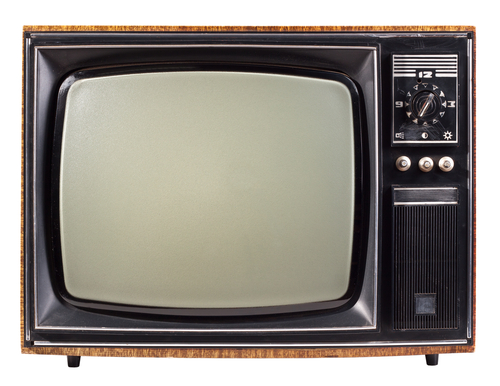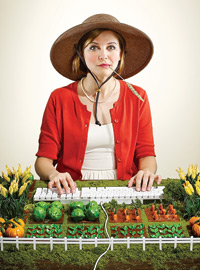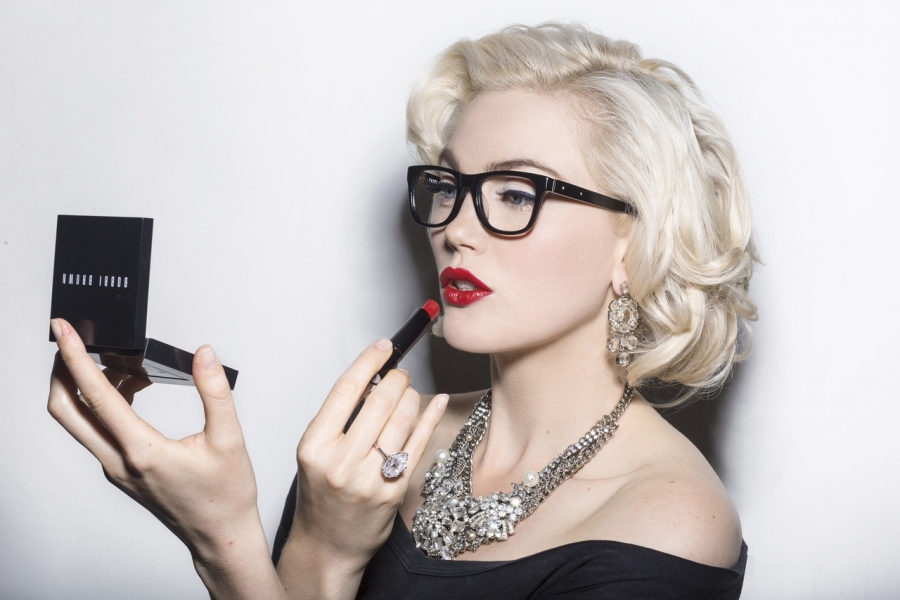|
Review: Kevin Bacon helps make 'The Following' worth following
Posted on: 01/21/13
The actor plays a former FBI agent tracking an escaped serial killer (James Purefoy). It can be disturbingly violent but is well made. In Fox's bloody new drama "The Following," Kevin Baconplays one of the more oft-used characters in thriller fiction. Alcoholic and emotionally detached, his character is formerFBI agent Ryan Hardy, who has never quite recovered from his dance with the devil. Once upon a time, Hardy was the lead agent on a string of grisly murders at the fictional Winslow College. When he first encountered Joe Carroll (James Purefoy), he too fell under the charismatic English professor's spell, using him as a source to help unravel the literary clues left at the crime scenes. Though Hardy comes to realize Carroll is his man, he has no proof until he almost fatally catches the killer in the act. After writing a book about his experience, Hardy finds himself adrift, unable to reconstruct his life without its defining relationship. So when the call comes that Carroll has escaped prison, Hardy greets the FBI's request for aid with both dread and relief. VIDEO: Winter TV Preview It's hardly a new story; two angels, bright and dark, battle for humanity. A similar thread was followed on the BBC's"Sherlock," in which criminal mastermind James Moriarty, played with chirping malevolence by Andrew Scott, orchestrated a series of crimes simply to get Sherlock's (Benedict Cumberbatch) attention. "Every fairy tale needs a good old-fashioned villain," he tells Sherlock. "You need me, or you're nothing." But Kevin Williamson's story in "The Following" is tricked out with enough narrative and casting bling to warrant the huge push Fox has given it. If Bacon, and Purefoy, weren't enough of a draw, the urge to kill is framed within the rubric of Edgar Allan Poe's work, lending the whole enterprise an artistic gravitas usually reserved for period dramas (see "Ripper Street"). There's also the added benefit of a mini-poetry tutorial, but the fact that Poe, with "Murders in the Rue Morgue," invented detective fiction is oddly not mentioned, at least in early episodes. Which keeps the story very much fictional, High Serial Killer drama rather than true-crime. It's also highly, at times disturbingly, violent, particularly in the pilot. If "The Following" had premiered in the fall, its level of butchery (Carroll has a thing for eyes, and it's not a good thing) would have been duly noted, then quickly lost in a louder conversation about Bacon's television series starring debut, the creepy-cool premise of a poetry-obsessed death cult, and our unwavering passion for serial killers and their pursuers. But Fox chose to give "The Following" a midseason premiere, which makes it the first violent big show to open since the tragedy at Sandy Hook Elementary where an actual psychotic killer, without charismatic literary trappings or haunted nemesis, murdered 26 people, including 20 children, in minutes. The shootings re-ignited a long-smoldering conversation about the culture of violence in America, during which the pro-gun lobby pointed fingers at Hollywood and Hollywood pointed fingers right back. With every third show a police procedural, it's pointless to deny that violence rules on television — people are murdered with alarming regularity every night, often in quite gruesome ways. Fox's"Bones" regularly wallows in gore, albeit typically post-mortem and the brutalized, and mostly female, corpses of CBS' "CSI" and "Criminal Minds" have been criticized for years. It isn't fair to ask Williamson, or Fox, to answer for every story in which violence is used to heighten drama or a killer is ascribed an unsympathetic personality; this show has simply pulled the short straw. Not that it's Williamson's first time at the blood-bath rodeo either. He wrote the "Scream" films, basing them, and "The Following" on his fascination with the 1990 slaughter of five students at the University of Florida. Indeed, on the Fox website, a promo for the show includes Williamson talking about the disappointment he felt when that killer turned out to be a drifter, because "wouldn't it be better if it had been this charismatic professor?" Well, no, Kevin, it would have been "better" if these young women were alive. But we see your point. There is a definite post-"Saw" ethos to "The Following," but what makes its violence so noteworthy, besides the timing, is the quality of the show. It is a Very Big Deal that Bacon has come to television; anyone who saw his performance as the self-loathing pedophile in 2004's "The Woodsman" knows that when a story goes dark, Bacon does not mess around. He may be playing a familiar character, but he plays the heck out of him. Purefoy as Carroll is no slouch either; he creates a villain so seductive he doesn't have to leave his jail cell to continue his killing spree. Carroll's work is being honored by a group of psycho students through the Internet. (We always knew Facebook was a bad idea.) As Williamson and many of his violent-prone peers have said in recent weeks, they are storytellers, and the best ones deal with the things we love and fear, with our often-conflicted feelings about who we really are and what we are capable of, on both ends of the spectrum. Which is why murder mysteries remain the most universally popular genre in virtually any medium and we were all kind of happy that Hannibal Lecter escaped at the end of "The Silence of the Lambs." Like Williamson, we chafe against the notion that evil is banal. Random, inexplicable acts of brutality are impossible to understand, so difficult to bear. With stories like "The Following," in which we pit one flawed face of humanity against the other, we are literally trying to connect the dots. "The Following" intensifies that trope by having Hardy get romantically involved with Carroll's ex-wife — the same woman can love both men — and by grimly wading through not just the brutal nature of murder but the psychosis of its perpetrators. Running alongside the Hardy-Carroll narrative is a B-plot about groupthink; the band of Carroll's acolytes, which includes a breakout performance by Valorie Curry as the lone female and alpha-follower, provides the most chilling moments of the show. In them we see every crime committed by young people fueled as much by the simple adrenaline of belonging as evil, and that, more than Purefoy's malicious genius, is the mayhem we live with and truly fear. COMMENTS
Be the first to post a comment! Post A Comment:

|
.gif)



.jpg)

